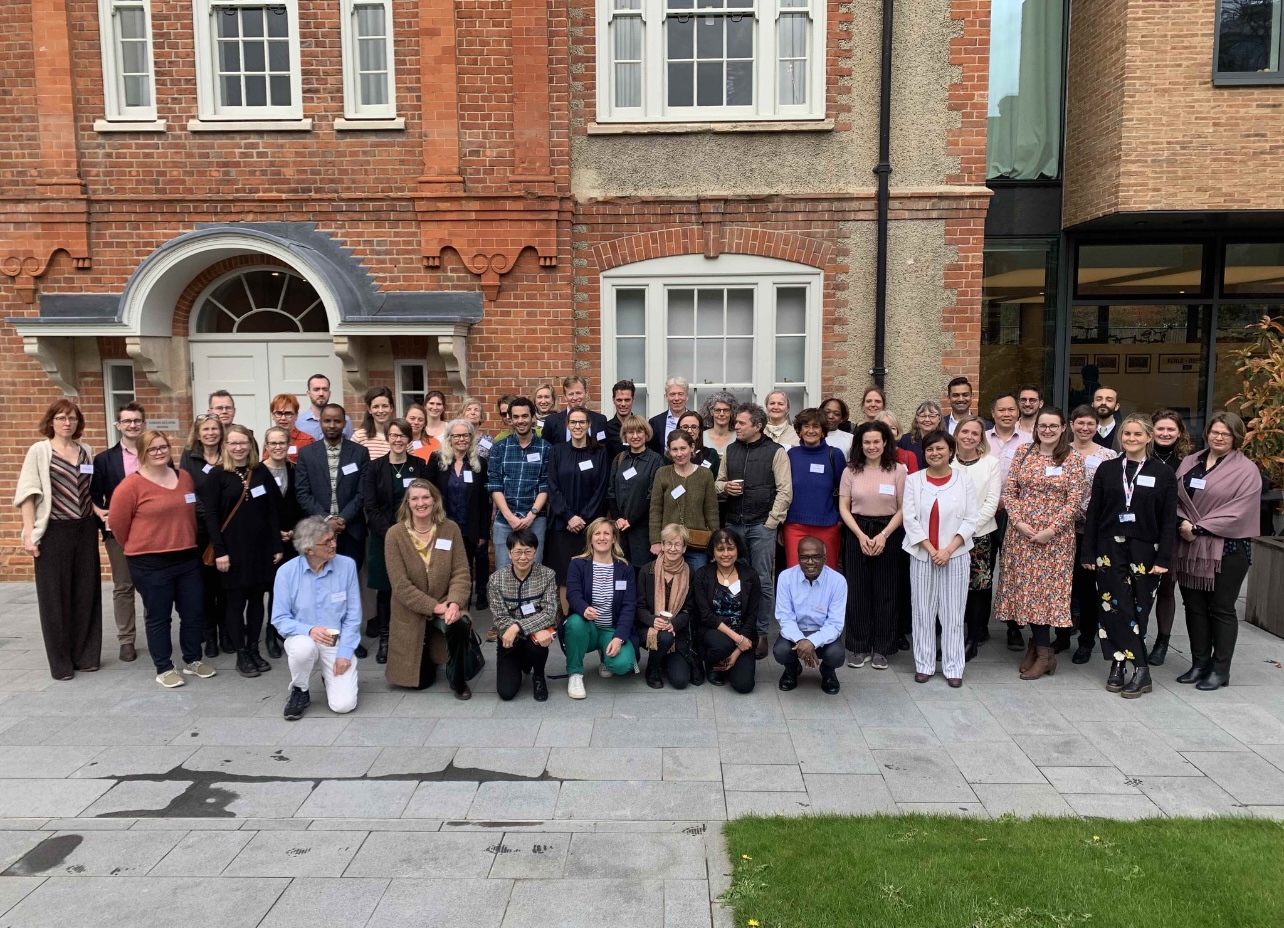Dr. Rohan D’Souza shares CanOSS research at INOSS Annual Meeting

Dr. Rohan D’Souza attended the International Network of Obstetric Survey Systems’ (INOSS) Annual Meeting 2023 in Oxford, UK, where he presented on the CanOSS project.
INOSS is a multi-national collaboration of organizations conducting prospective population-based studies of serious illnesses in pregnancy and childbirth, with the objective of improving the quality of care for both women and their infants.
One of INOSS’ key aims is to promote co-operation and collaboration between existing population-based Obstetric Survey Systems. Obstetric Survey Systems facilitate the collection of data related to severe maternal morbidity and mortality, which enables doctors and researchers to study and develop measures to prevent severe health complications in pregnant and postpartum patients.
INOSS consists of seven member organizations with national or regional population-based Obstetric Survey Systems and five member countries who are preparing to establish Obstetric Survey Systems.
Dr. D’Souza is currently co-leading a feasibility study with Dr. Isabelle Malhamé (McGill University) that will lay the foundation for a Canadian Obstetric Survey System (CanOSS). With the study underway, Canada is set to become the newest member of INOSS and is working towards hosting the next INOSS Annual Meeting.
This year’s meeting was held at Keble College in Oxford, United Kingdom, where INOSS was founded in 2010. It had over 50 attendees and featured presentations from Africa, Asia, Europe and the Americas.

Dr. D’Souza represented Canada at the meeting and gave two presentations on CanOSS. He presented the interim results of the feasibility study and discussed the CanOSS mission – which is work that Dr. Malhamé is leading. CanOSS is unique because it is being co-designed in collaboration with women and people with lived experience of pregnancy and pregnancy care providers across Canada to ensure that the system meets the specific and diverse needs of pregnant and post-partum women and people across the country.
As part of the feasibility study, nearly one hundred pregnancy care units across Canada have now been surveyed. Based on available responses, 86% of the units have a review system in place for severe adverse pregnancy complications, while 14% do not. Almost none of the units with a review system in place share the data they collect with other pregnancy care units, a major drawback in terms of learning from past experiences and reducing serious adverse pregnancy events.
One reason why units may be reluctant to share data is out of concern for patients’ and doctors’ privacy, says Dr. D’Souza. However, the study has identified a number of other barriers and facilitators to developing a nationwide Obstetric Survey System. Part of the CanOSS mission will be to facilitate greater sharing of anonymized data amongst care units – which will improve health care practitioners’ and researchers’ ability to develop measures to reduce maternal mortality and morbidity in Canada.
The feasibility study is expected to wrap-up in the fall, bringing Canada one step closer to an Obstetric Survey System that will enhance health care for pregnant individuals.
News